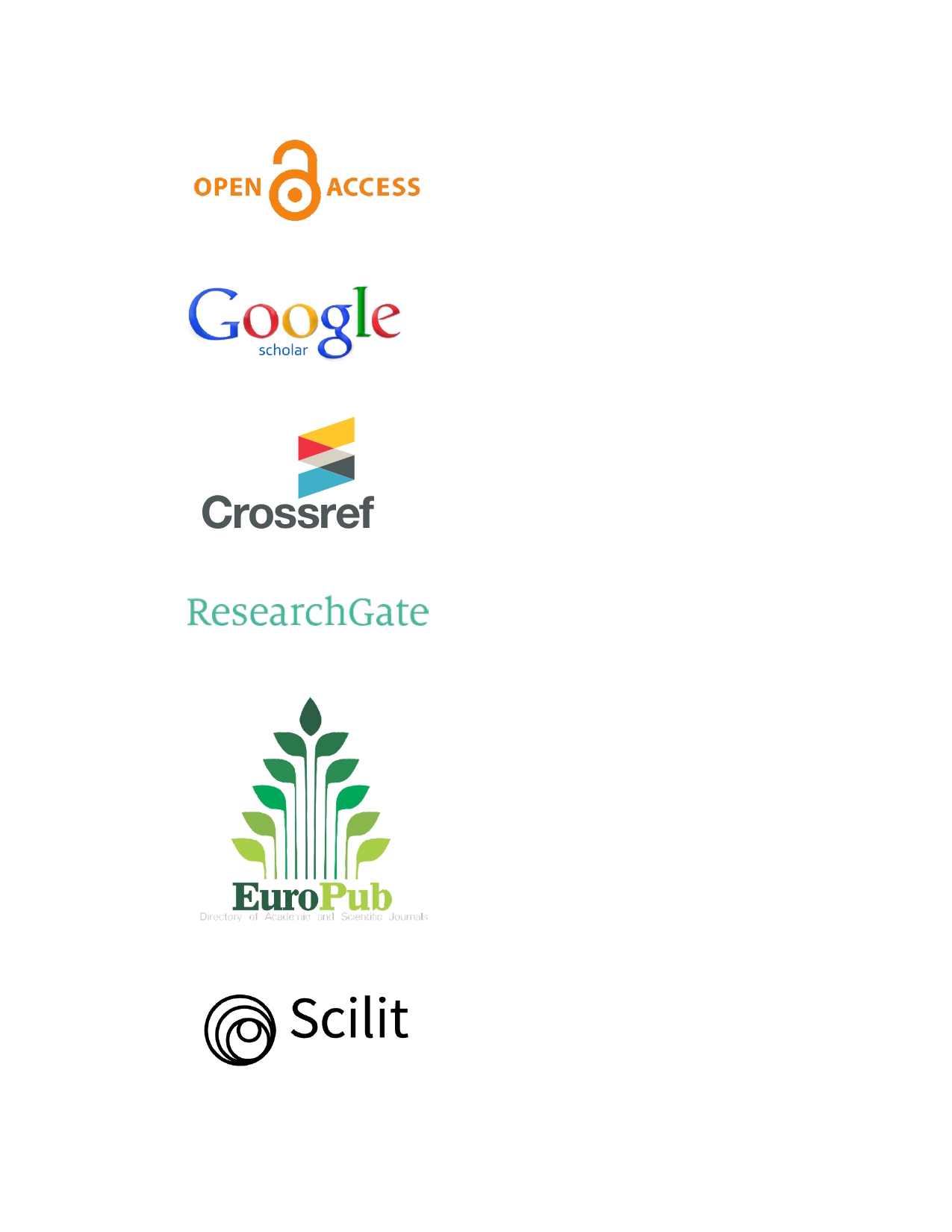Speech Recognition and Transcription for Hearing Impairments
Keywords:
Speech recognition, Transcription, Hearing impairment, Background noise, Speech distortions, Language modelsAbstract
The realm of speech recognition and transcription, driven by the urgency to enhance communication inclusivity, particularly for individuals with hearing impairments. Guided by an agile methodology, we embark on a journey to forge a transformative system that seamlessly transmutes spoken language into text, effectively bridging the chasm between audible discourse and digital understanding. Our approach orchestrates a symphony of hardware, software, and models, with Python as the chosen programming language weaving an ensemble of libraries including PyAudio, Librosa, NumPy, DeepSpeech, NLTK, and LanguageTool. Rigorous testing traversing accents, languages, and real-world auditory environments showcases the system's adaptability, and the interplay of hardware and software yields swift and accurate transcriptions, promising heightened communication inclusivity. As this symphony culminates, we assert that our creation transcends a technological artifact, echoing innovation's harmonious anthem. By catalyzing communication through spoken word-to-text conversion, our system becomes a bridge that deepens interaction and comprehension. This project epitomizes the transformative prowess of technology, underlining its potential to nurture communication inclusivity and bridge the gap between audible and digital realms.
Downloads
Published
How to Cite
Issue
Section
License
Copyright (c) 2023 Chidi Ukamaka Betrand, Oluchukwu Uzoamaka Ekwealor, Chinazo Juliet Onyema, Amarachi Ngozi Duru

This work is licensed under a Creative Commons Attribution 4.0 International License.






